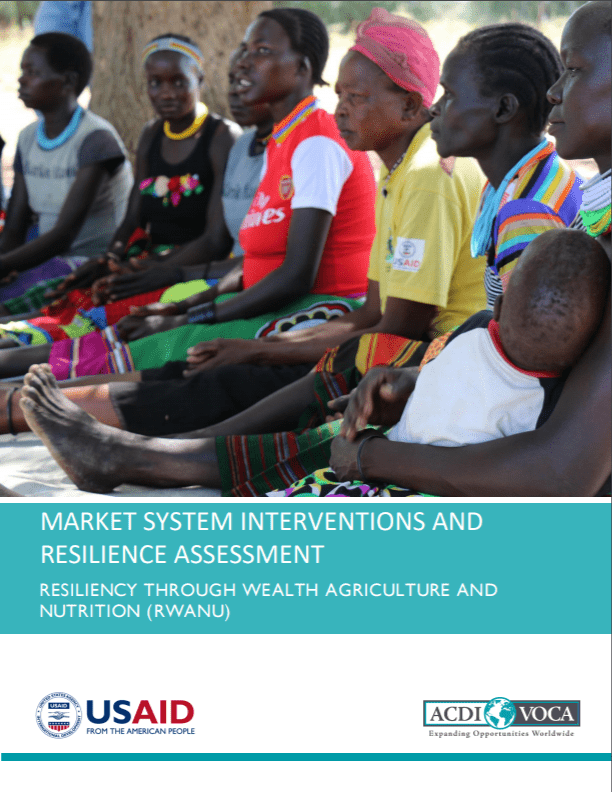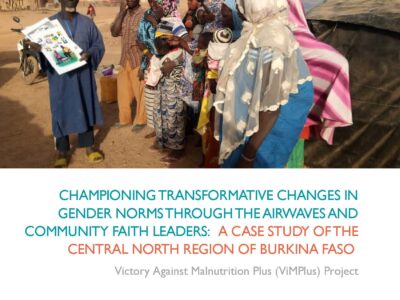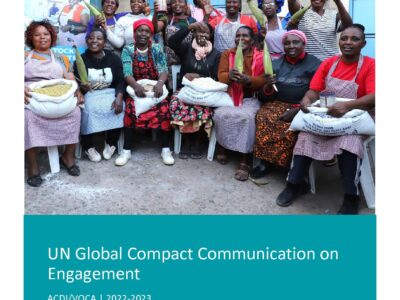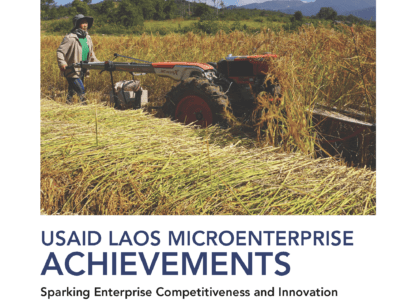
Resiliency through Wealth, Agriculture, and Nutrition (RWANU) is a five-year Development Food Assistance Program funded by USAID’s Office of Food for Peace. The program has been implemented in 16 sub-counties in the districts of Amudat, Moroto, Napak, and Nakapiripirit by ACDI/VOCA in partnership with Concern Worldwide and Welthungerhilfe. Project overall goal is to reduce food insecurity among vulnerable people in South Karamoja. RWANU commissioned a study to assess how specific RWANU market systems interventions have contributed to: 1) improved household and market system resilience; 2) improved household nutrition (e.g., access to food on a sustained basis; reduced incidence of malnutrition among children under five, and pregnant and lactating women).
Overall, the team found strong evidence that each intervention helped build household and market system resilience, in both similar and complementary ways. Interventions showed varied levels of likely long-term sustainability. Despite RWANU’s positive impacts, there are some needs and gaps for future projects to address, in order to strengthen resilience and sustainability further. This report summarizes findings for five market systems intervention areas, with a focus on characterizing each intervention’s impacts on household and market system resilience, the likely sustainability of the intervention, gaps that need to be filled to foster or strengthen resilience, and key steps future projects can take to fill these gaps and ensure sustainability.








